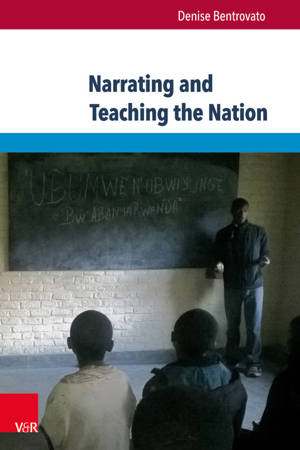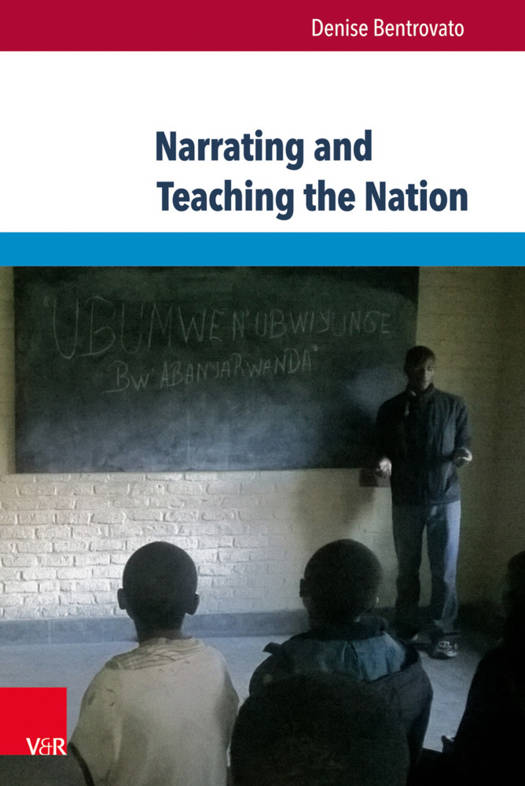
Bedankt voor het vertrouwen het afgelopen jaar! Om jou te bedanken bieden we GRATIS verzending (in België) aan op alles gedurende de hele maand januari.
- Afhalen na 1 uur in een winkel met voorraad
- In januari gratis thuislevering in België
- Ruim aanbod met 7 miljoen producten
Bedankt voor het vertrouwen het afgelopen jaar! Om jou te bedanken bieden we GRATIS verzending (in België) aan op alles gedurende de hele maand januari.
- Afhalen na 1 uur in een winkel met voorraad
- In januari gratis thuislevering in België
- Ruim aanbod met 7 miljoen producten
Zoeken
Narrating and Teaching the Nation
The Politics of Education in Pre- And Post-Genocide Rwanda
Denise Bentrovato
€ 51,47
+ 102 punten
Omschrijving
The book investigates the politics of education in pre- and post-genocide Rwanda, examining the actors, interests, and discourses that have historically influenced educational policy and practice and in particular the production and revision of history curricula and textbooks. This study combines a systematic historical and comparative analysis of curricula and textbooks in Rwanda, stakeholder interviews, classroom observations, and a large-scale investigation of pupils' understandings of the country's history. Written at a crucial time of transition in Rwanda, it illuminates the role of education as a powerful means of socialisation through which dominant discourses and related belief systems have been transmitted to the younger generations, thus moulding the nation. It outlines emergent challenges and possibilities, urging a move away from the use of history teaching to disseminate a conveniently selective official history towards practices that promote critical thinking and reflect the heterogeneity characteristic of Rwanda's post-genocide society.
Specificaties
Betrokkenen
- Auteur(s):
- Uitgeverij:
Inhoud
- Aantal bladzijden:
- 254
- Taal:
- Engels
- Reeks:
- Reeksnummer:
- nr. 138
Eigenschappen
- Productcode (EAN):
- 9783847105169
- Verschijningsdatum:
- 15/02/2016
- Uitvoering:
- Paperback
- Formaat:
- Trade paperback (VS)
- Afmetingen:
- 167 mm x 239 mm
- Gewicht:
- 866 g

Alleen bij Standaard Boekhandel
+ 102 punten op je klantenkaart van Standaard Boekhandel
Beoordelingen
We publiceren alleen reviews die voldoen aan de voorwaarden voor reviews. Bekijk onze voorwaarden voor reviews.









